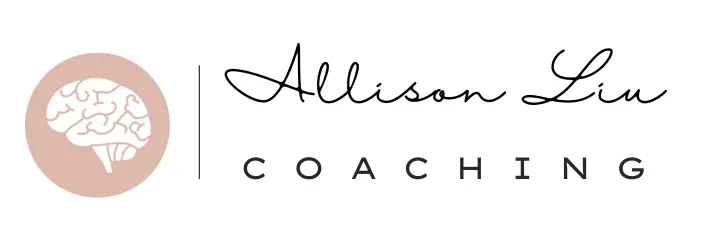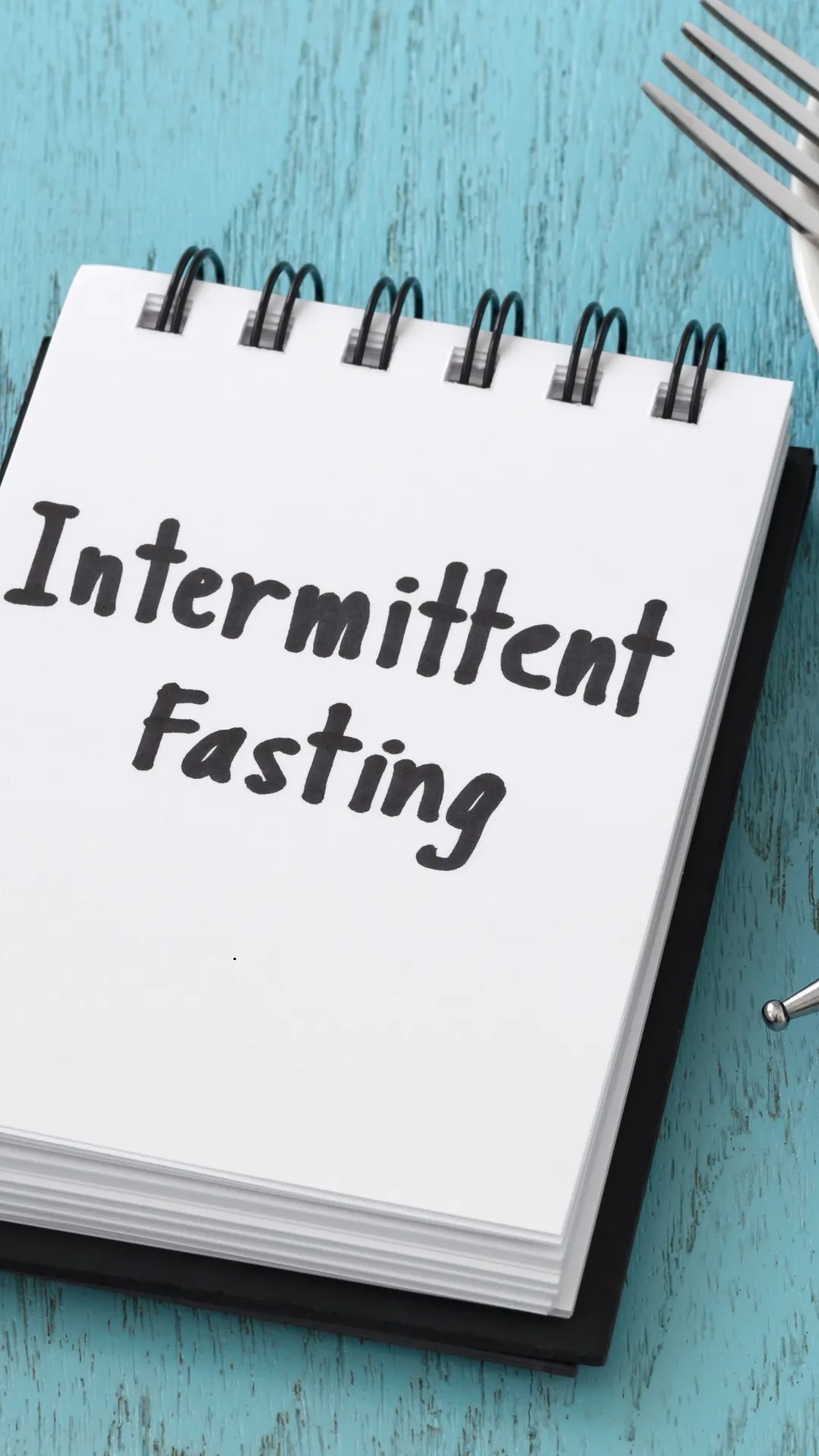
The Big Fat Lie: Why Cutting Fat is Hurting Your Brain and Your Waistline
"Fat fattening? No. It’s nonsense; a big fat diet lie. Please forget the myth that fat is fattening; it is sugar and refined carbohydrates that make you fat"- Dr Marilyn Glenville PhD (The UK’s leading nutritionist specialising in women’s health)
Overview
Do you avoid avocados, nuts, or olive oil because you were told “fat makes you fat? For decades, we’ve been fed the myth that cutting fat is the key to weight loss - but this couldn’t be further from the truth.
And if you're trying to nourish your brain and keep your memory sharp as you age, following outdated low-fat advice could actually be making things worse.
In my latest video, I unpack why reducing fat isn’t the answer to managing your weight and what to focus on instead. Watch now to learn why fat is not the enemy - and how the right approach to food can help you feel better, think more clearly, and reach your ideal weight without deprivation.
The Big Fat Lie
The 1970s have a lot to answer for when it comes to our waistlines. That was the era when we were told that fat makes us fat. The theory seemed logical - reduce the fat in your diet, and you’ll store less fat. But what actually happened? Since the 1980s, despite a substantial decline in fat consumption due to low-fat diets, obesity rates have skyrocketed.
It turns out that reducing fat is not the answer to losing weight. According to Dr. Walter Willett, a researcher from the Harvard School of Public Health, the focus on cutting fat has been a red herring, distracting us from the real issue.
The Real Culprit: Sugar and Refined Carbs
As I’ve explained before, the real drivers of weight gain are sugar and refined carbohydrates. These foods trigger the release of insulin - the body's fat-storing hormone. For decades, people have been trying to lose weight by reducing fat, only to find themselves frustrated, hungry, and stuck in the same cycle. No wonder it hasn’t worked.
Not All Fats Are Created Equal
While fat is not the enemy, the type of fat you consume does matter. Let’s break it down:
Problematic Fats
Saturated Fats – Found in red meat and dairy, these fats can increase insulin resistance by making cell membranes hard and less receptive to insulin. While okay in small amounts, they become especially harmful when combined with sugar and refined carbs (think of a classic burger with a white bun). This combination raises cholesterol and triglycerides, increasing the risk of heart disease and strokes.
Trans Fats – The worst of the worst. Often labeled as hydrogenated vegetable oil, trans fats lurk in processed foods and have been linked to an increased risk of Type 2 diabetes and other health issues. These are fats you should avoid entirely.
Essential, Healthy Fats
On the flip side, some fats are not just good for you—they’re essential for your body and brain health. These include:
Omega-3 fatty acids (found in oily fish, flaxseeds, and walnuts)
Omega-6 fatty acids (found in nuts and seeds)
Omega-9 fatty acids (found in olive oil and avocados)
The problem is that in the desire to manage weight, many people avoid these healthy fats, fearing they’ll cause weight gain. But a deficiency in these fats can actually make weight loss harder. Here’s why.
How Healthy Fats Help You Lose Weight and Boost Brain Health
Essential fatty acids are metabolism-boosters. They direct blood sugar to be burned as fuel instead of stored as fat. They also:
Support fat metabolism, reducing cholesterol build-up and clogged arteries
Reduce chronic inflammation, a key factor in obesity and brain aging
Reverse insulin resistance, helping your cells become more sensitive to insulin
Fuel your brain, keeping memory sharp and focus strong
For years, we’ve followed these principles in our own diet, and our weight has remained stable. We rarely eat sugar and refined carbs, opting instead for a diet rich in healthy fats.
Could You Be Deficient in Essential Fats?
If you experience several of these symptoms, you might not be getting enough essential fats:
Difficulty losing weight
Dry skin or dandruff
Depression or irritability
Dry eyes
Aching joints or arthritis
High blood pressure
Lack of motivation
And have you been avoiding nuts, seeds, oily fish, and avocados? If so, here’s how to fix it.
Four Ways to Add More Healthy Fats to Your Diet
Take a High-Quality Omega-3 Supplement: Look for a pure fish oil (from small fish like anchovies or herrings) or an algae-based omega-3 if you’re plant-based. Aim for 750 mg EPA and 550 mg DHA daily.
Use Extra Virgin Olive Oil: A staple of brain-healthy diets. It’s also one of the most counterfeit foods, so opt for organic when possible.
Eat Oily Fish Weekly: Try baked salmon, sardines in pasta, or mackerel pâté. If you don’t eat fish, organic soya is an alternative.
Incorporate Nuts and Seeds: Snack on nuts, use nut butter (without added sugar), and sprinkle seeds on meals. Try flaxseeds in smoothies or chia seeds in yogurt.
Final Thoughts: Fat is Your Friend
For too long, we’ve been told to fear fat, when in reality, healthy fats are essential for weight management and brain health. The key is making the right swaps: ditching sugar and refined carbs and embracing the fats your body and brain need to thrive.
If you’re ready to break the cycle of dieting frustration and fuel your body the right way, start by reintroducing these healthy fats into your meals today.
Become A Member:
Would you like more practical tips on eating for brain health and maintaining a healthy weight? Join my Sharp Minds community for science-backed strategies that make sustainable change easy. Join here.





